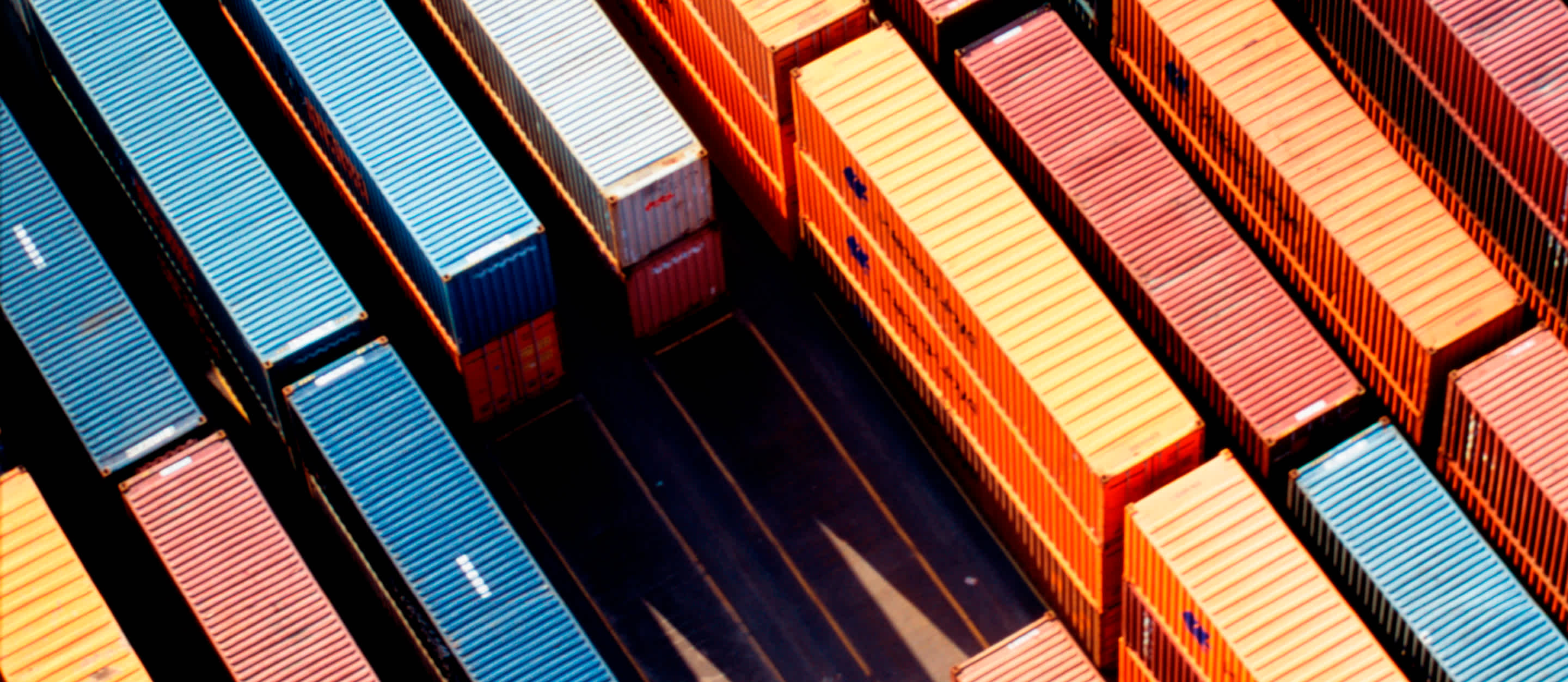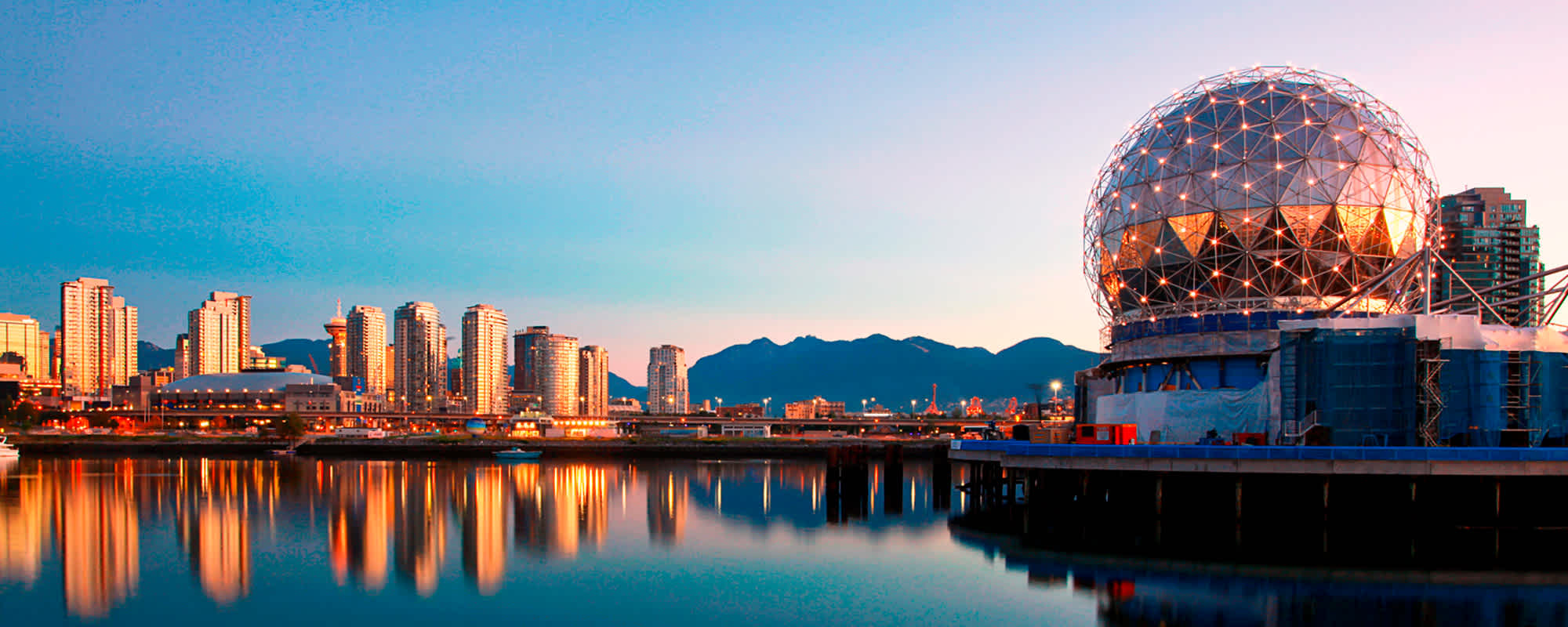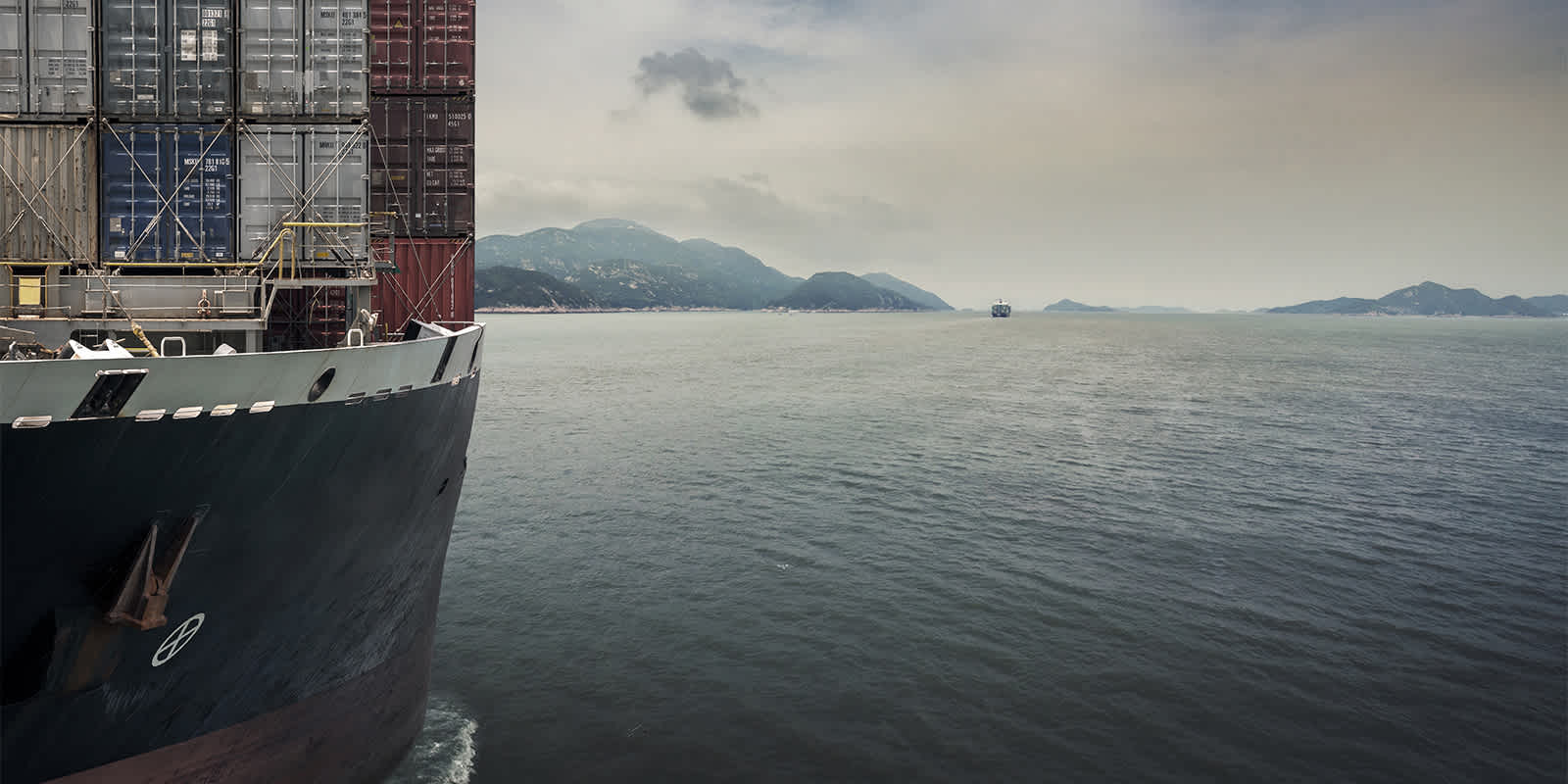
2019 年 08 月 27 日
Flexport Welcomes Tom Gould as Vice President of Customs and Trade Advisory
Flexport Welcomes Tom Gould as Vice President of Customs and Trade Advisory
As the already complex world of global trade grows ever more complicated, Flexport is committed to providing clients with the guidance and support they need to be successful. In support of that, Flexport has tapped customs brokerage expert Tom Gould to join as Vice President of Customs and Trade Advisory. Below is a Q&A with Tom, in which he shares his perspectives on what companies can do to navigate global uncertainty and why he joined Flexport.

Why did you join Flexport?
I see Flexport as the future of the customs brokerage and freight forwarding industry. I want to be part of that future. The combination of data and people is unique – and exciting.
The customs industry is all about the data, and the people who master that data will lead the industry. U.S. Customs understands this. It’s one of the largest collectors of data and it’s using data to achieve its mission.
That’s our aim, as well. Flexport has the experts that know how to analyze data to benefit our clients and find new opportunities for growth and optimization. This is an area in which most brokers or forwarders have fallen short in understanding the value of trade data.
How will the work you do benefit our customers?
My goal is to build a team that can help our clients make informed decisions and ensure they're taking advantage of all the opportunities available for duty savings and efficient supply chains.
The challenge for most shippers is that they don’t know what the opportunities are or which questions to ask. Many aren’t aware of issues or tariff increases until it is too late to act. The chaos that pervades the industry doesn’t allow companies to stop and think about strategies that will allow them to save.
In the past year, I have helped clients diversify their supply chains out of China and minimize risk ahead of scenarios like the U.S.-China tariffs – and uncover significant cost efficiencies, as well.
What are the top three things you would suggest customers think about when it comes to customs?
Classification, origin, and value.
Classification has always been the cornerstone of Customs compliance. It determines duty rates – including all of the new tariffs we are seeing today – and qualification for free-trade agreements, other government agency requirements, and more. You can’t mitigate historical tariffs, let alone today’s tariffs, without a solid understanding of the classification of imported or exported products.
Origin country is incredibly important, especially as tariffs are directed at specific countries. Companies that don’t have the option of shifting their entire supply chains out of China (that have a much higher duty rate), must be able to identify which pieces of their supply chain they can alter in order to mitigate new tariffs.
And finally, value, which companies must accurately report to Customs to determine duty amounts, is a key piece in the Customs puzzle. While it’s imperative that companies report accurate information, every company should have a strategy regarding value declarations as part of its tariff mitigation toolkit.
What is the most common problem you see when it comes to customs?
When a company doesn’t understand its obligations or opportunities. U.S. Customs has significantly increased its trade enforcement posture. After 9/11, Customs focused on supply chain security, anti-terrorism, and drug, human, and contraband smuggling. In more recent years I’ve seen Customs shift its focus to trade enforcement initiatives, hiring more import specialists, auditors, fines, penalties and forfeiture officers, lab technicians and attorneys to handle the increase in enforcement activity.
What's your view on the freight industry? What are some of the trends you've noticed?
I am a bit of a history buff; I love to read about the history of the brokerage and freight industry. What amazes me is how much of what we do today is the same as was done 50, 100 or even 200 years ago.
For example, only in 2017 did the customs industry finally update a procedure that had not really changed since the days of our founding fathers. I am truly surprised how little changed in the freight industry during the technological and internet revolutions.
There are so many opportunities for innovation. Automation, for example, will be huge over the next few years. It’s all in the data, which customs has effectively leveraged in the past decade. Now it’s on companies to understand their import and export data to be able to make informed decisions.
What should clients keep in mind as global uncertainty persists?
The trade war has spurred uncertainty, and companies are struggling to keep up. However, with uncertainty there is opportunity, and this is quite apparent in customs brokerage. In my 25+ year career, I have never seen the opportunities I am seeing today – especially when it comes to taking advantage of data and technology.
Companies need to stop, consult with the experts available to them, and come up with a long-term plan. Planning is the best antidote to chaos.
Read more about how to navigate through chaos by downloading the eBook, “From Chaos to Control: Optimizing Global Trade with Data.”



